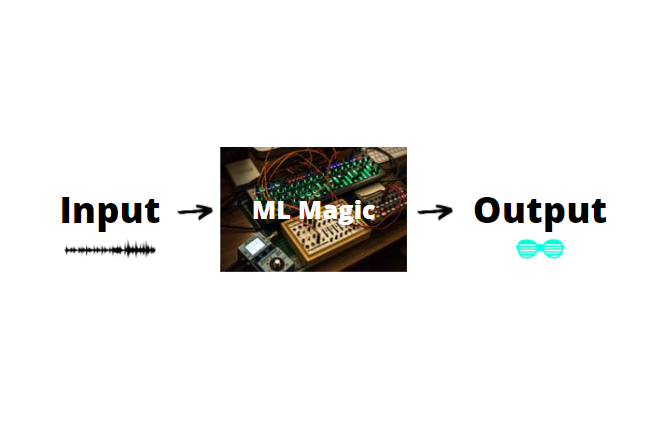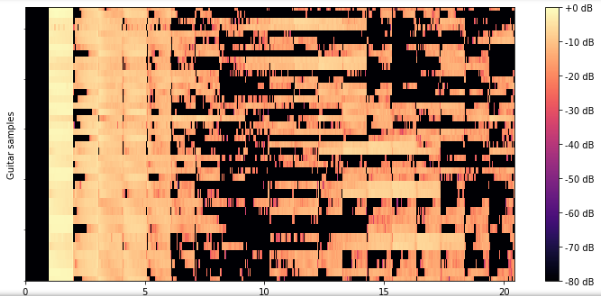Machine Learning
The blog posts of this section relate to the course MCT4052 Music and Machine Learning (2022 onwards) and to the discontinued course MCT4047 Music and Machine Learning (2019 to 2021). The aim of these courses is to develop knowledge of and practical experience with machine learning algorithms applied to music analysis, music information retrieval, interactive music systems, and algorithmic music.
-
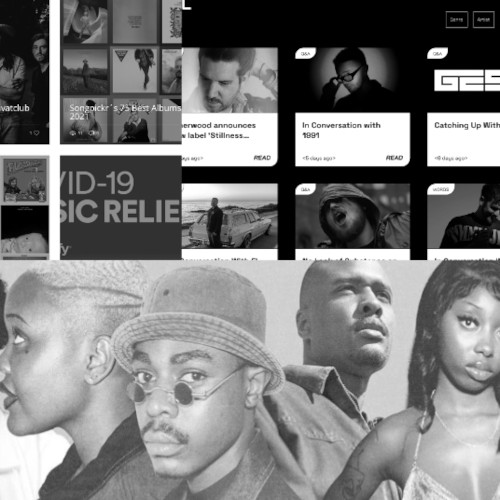
Playlist Data and Recommendations Using Artificial Neural Networks
a machine-learning algorithm that pairs independent artists, with curated playlists that best fit based on musical attributes
-

AcidLab: deep acid bass-line generation
Using machine learning to generate acid bass-line melodies with user-created datasets.
-
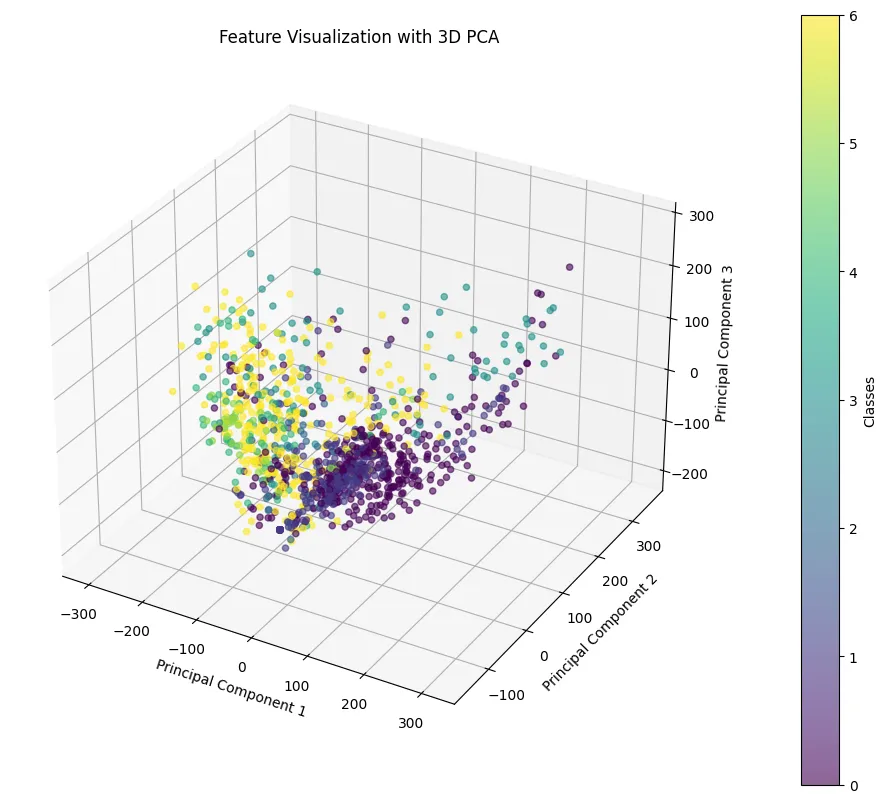
Connecting Eigenrhythms and Human movement
Connecting Machine Learning and Human understanding of rhythm.
-
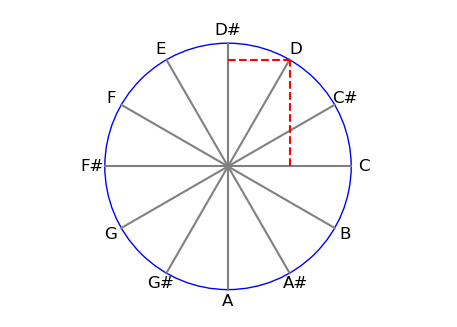
The Chiptransformer
The Chiptransformer an my attempt at building a machine learning model using the transformer architecture to generate music based on a dataset of Nintendo NES music.
-
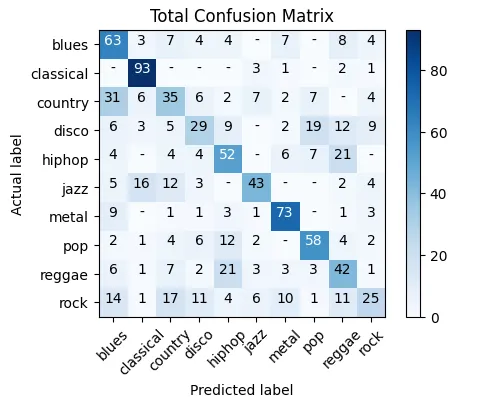
Using convolutional neural networks to classify music genres
When classifying genres in music, CNNs are a popular choice because of their ability to capture intricate patterns in data.
-
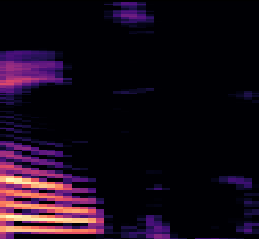
Scream Machine: Voice Conversion with an Artifical Neural Network
Using a VAE to transform one voice to another.
-
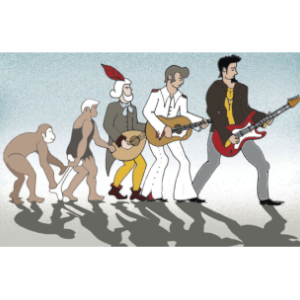
Generating music with an evolutionary algorithm
Looking at a theoretical and general implementation of an evolutionary algorithm to generate music.
-

Persian classical instruments recognition and classification
This blog post will go over various feature extraction techniques used to identify Persian classical music instruments.
-

Isn't Bach deep enough?
Deep Bach is an artificial intelligence that composes like Bach.
-
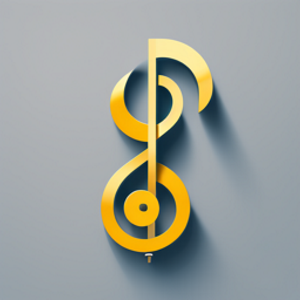
Recognizing Key Signatures with Machine Learning
The first rule of machine learning? Understand your data! A look into how music theory came to my rescue for classifying key signatures.
-
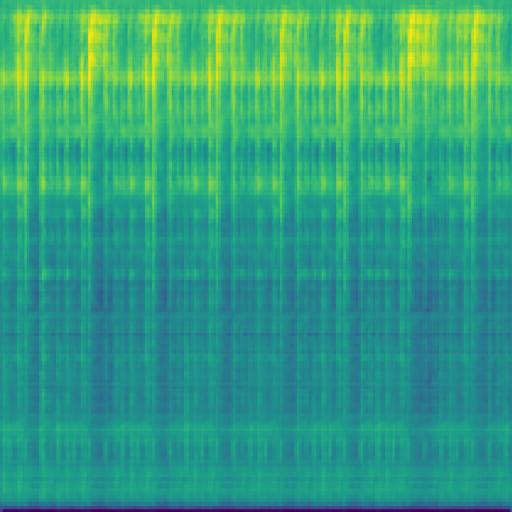
Breakbeat Science
AI-Generated amen breakbeats
-
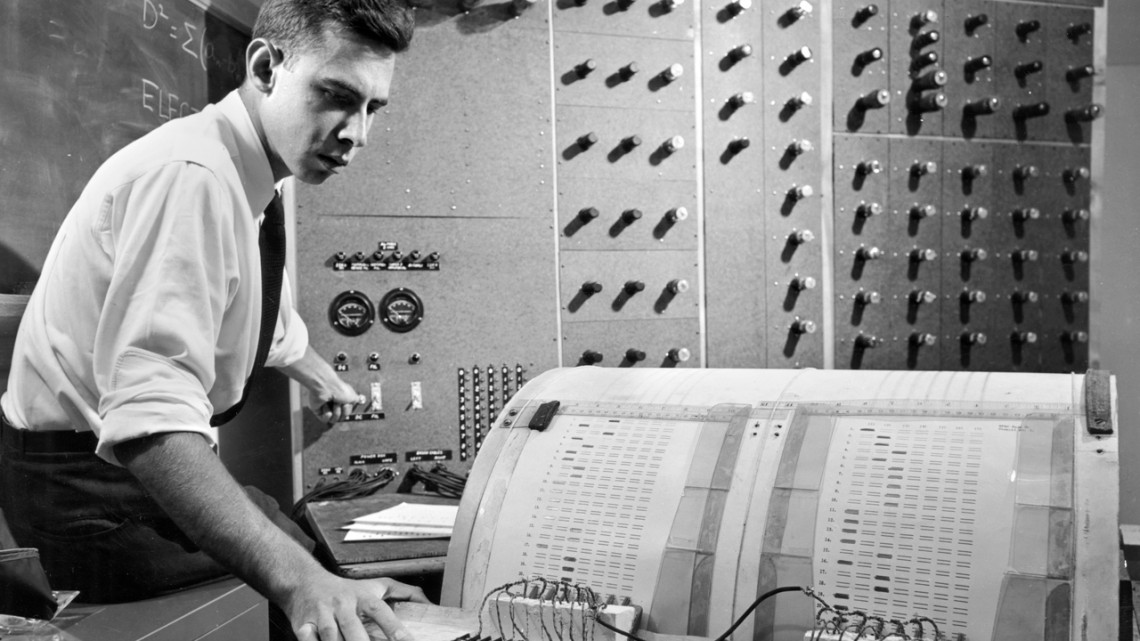
Spotlight: AutoEncoders and Variational AutoEncoders
A simple generative algorithm
-
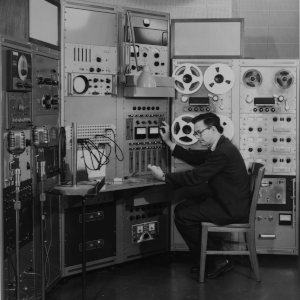
Music AI, a brief history
Chronicling the field of AI-generated music's start, where it went from there, and what you can expect from musical AI right now.
-
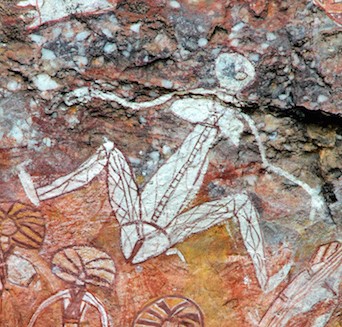
A caveman's way of making art
...and art in the age of complexity.
-
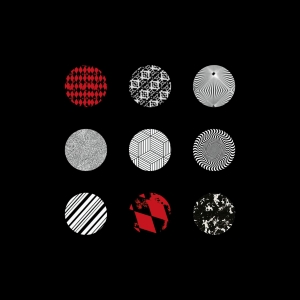
Clustering audio features
Music information retrieval(MIR)
-
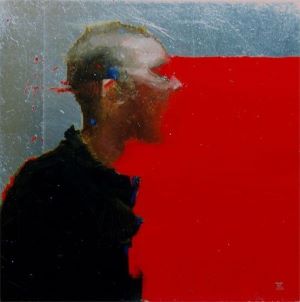
What's wrong with singing voice synthesis
Dead can sing
-
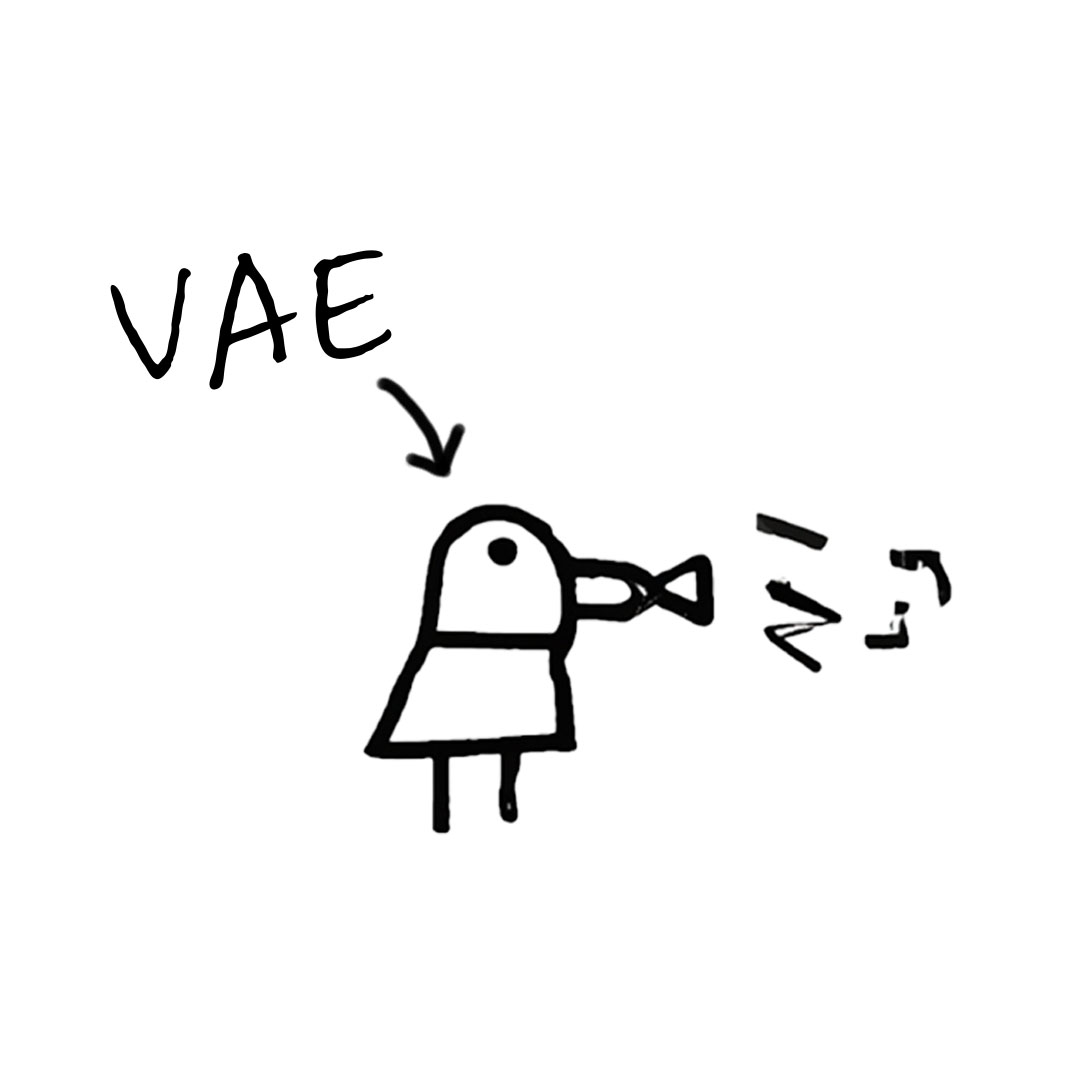
The whistle of the autoencoder
How I used autoencoders to create whistling.
-
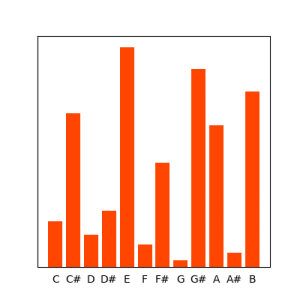
Chroma Representations of MIDI for Chord Generation
Understanding two ways of representing and generating chords in machine learning.
-

Generating Video Game SFX with AI
A first look at text-to-audio sound effect generation for video games.
-

Pytorch GPU Setup Guide
Having trouble getting Pytorch to recognize your GPU? Try this!
-
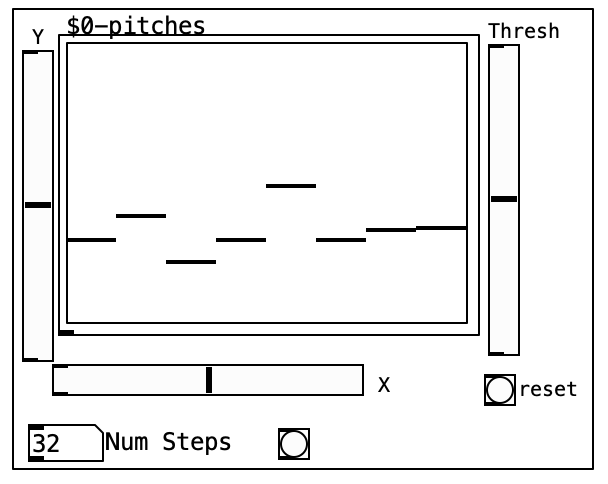
A Rhythmic Sequencer Driven by a Stacked Autoencoder
Sometimes you need to leave room for the musician
-
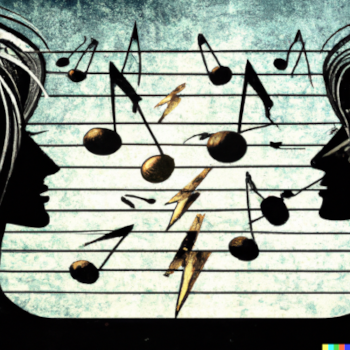
Comparing MIDI Representations: The Battle Between Efficiency and Complexity
A comparing of different MIDI representations for generative machine learning
-
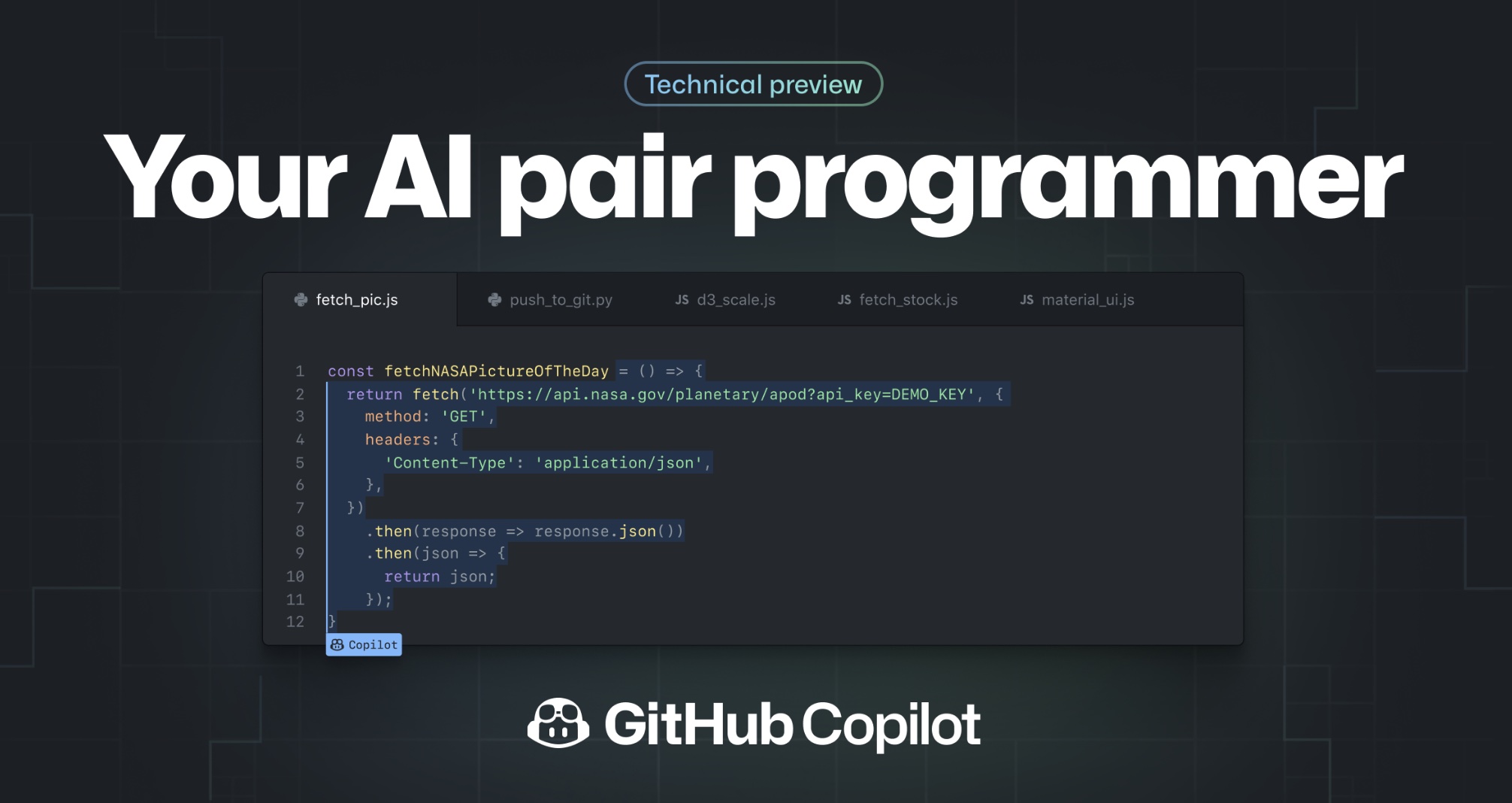
Programming with OpenAI
How OpenAI solutions help us to program?
-
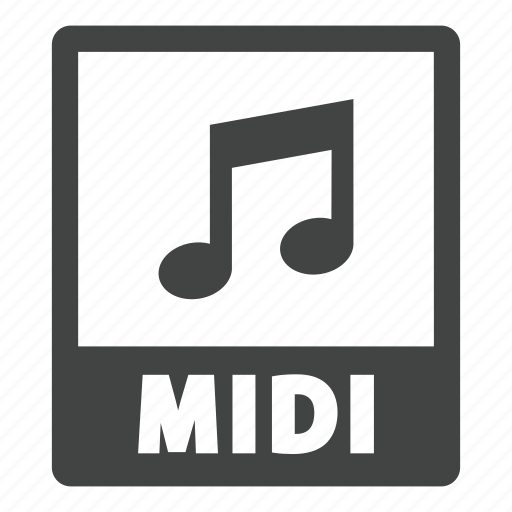
Challenges with Midi
Is it easy to create chord progression from midi files?
-
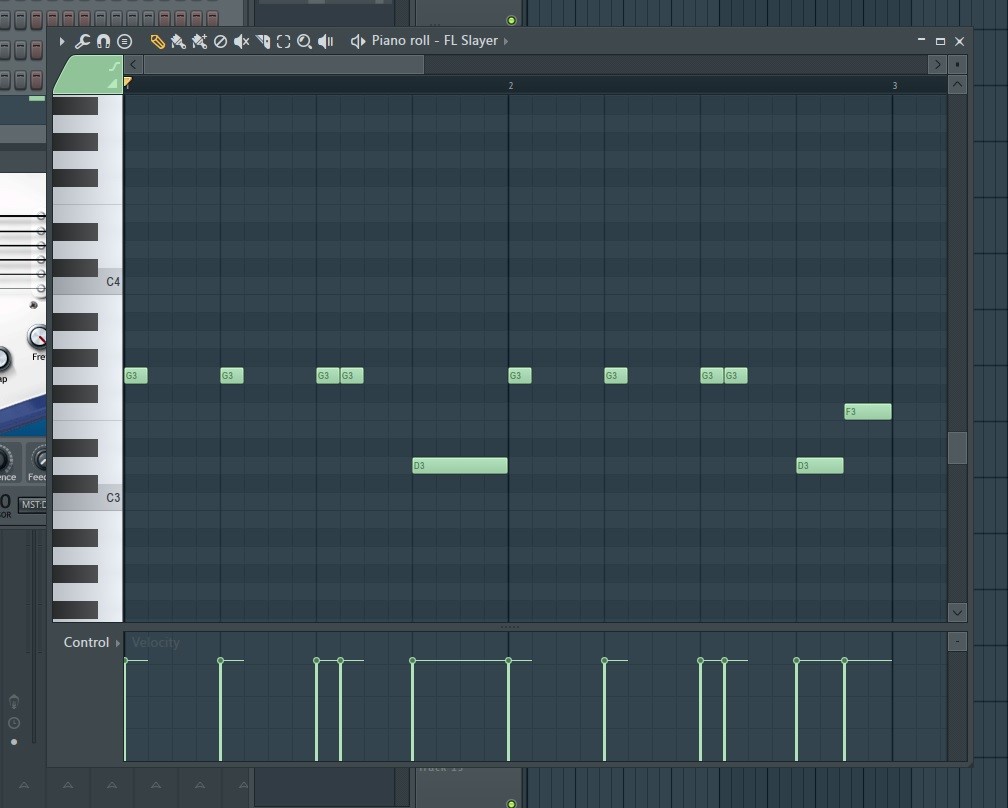
MIDI music generation, the hassle of representing MIDI
A brief guide of the troubles with MIDI representation for generative AI
-
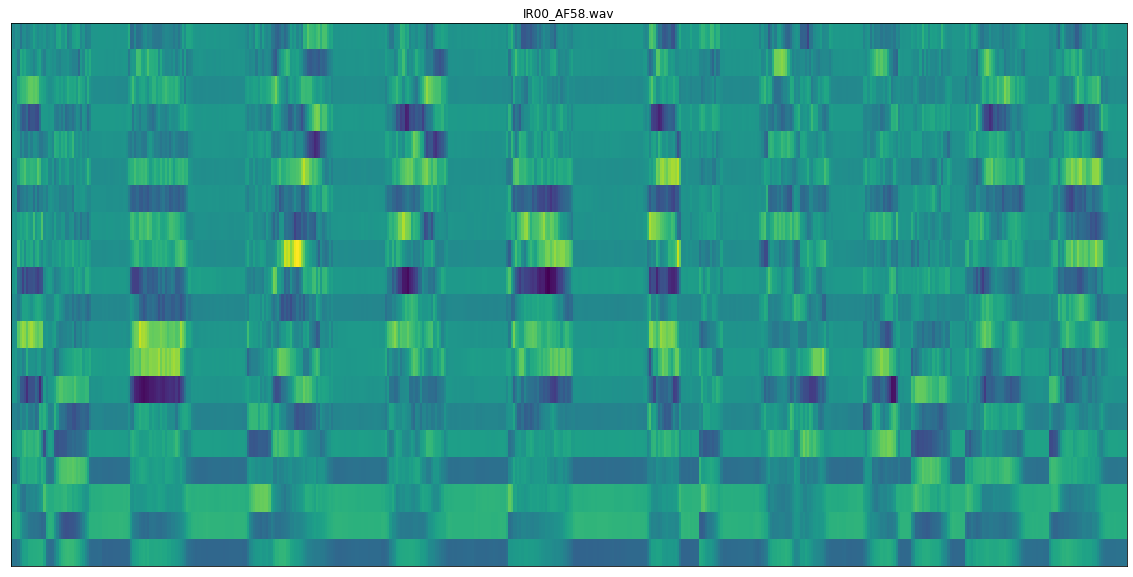
Reverb Classification of wet audio signals
Differenciating reverberation times of wet audio signals using machine learning.
-
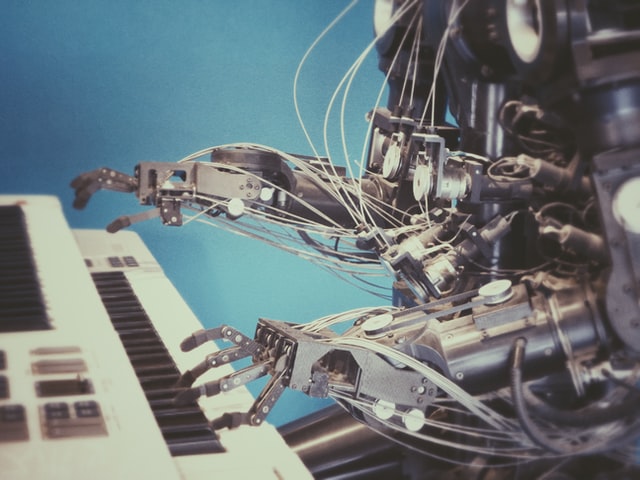
Piano Accompaniment Generation Using Deep Neural Networks
How I made use of Fourier Transforms in deep learning to generate expressive MIDI piano accompaniments.
-
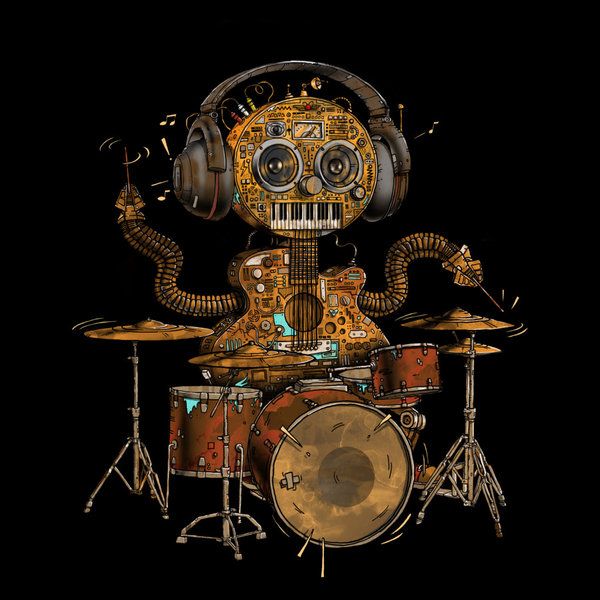
Recognizing and Predicting Individual Drumming Groove Styles Using Artificial Neural Networks
Can we teach an algorithm to groove exactly like a specific drummer?
-
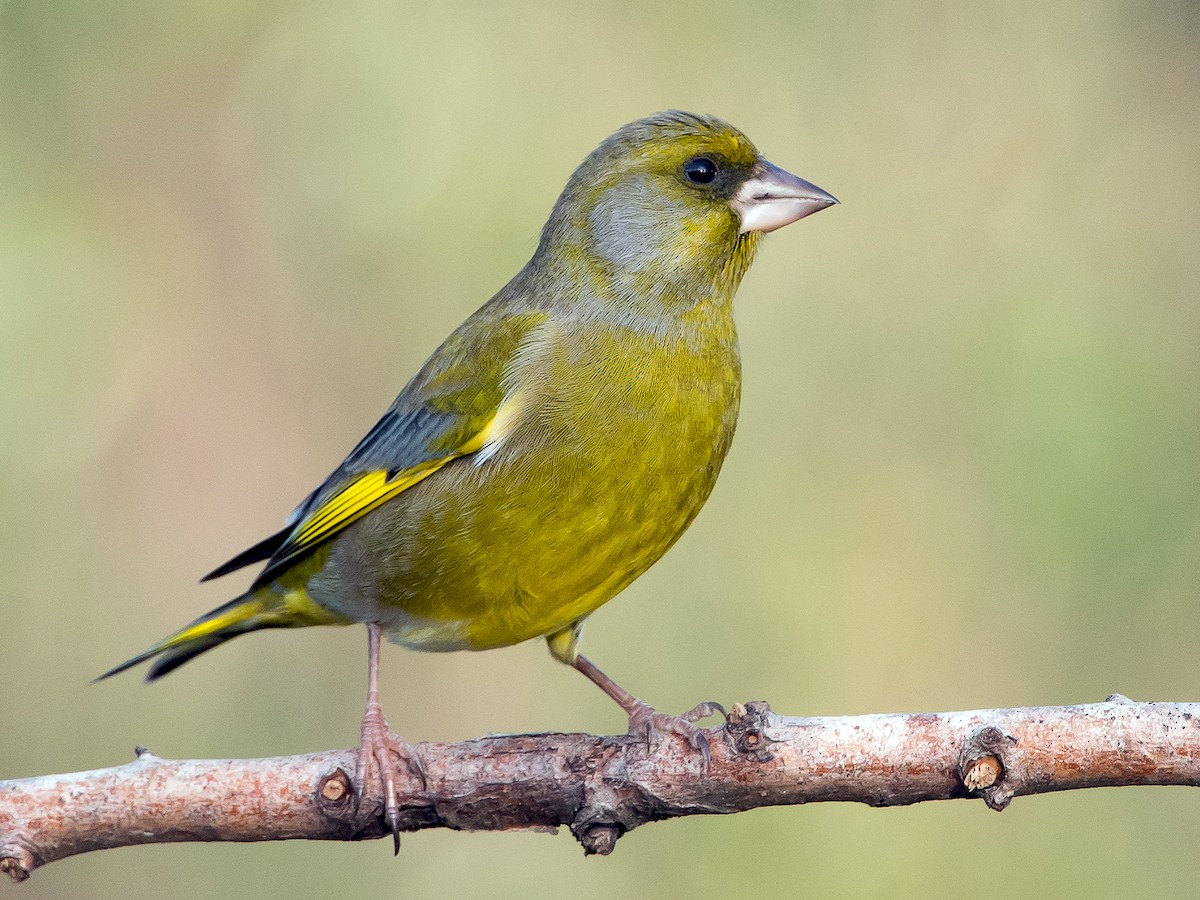
Estimating the repertoire size in birds
Estimating the repertoire size in birds using unsupervised clustering techniques
-
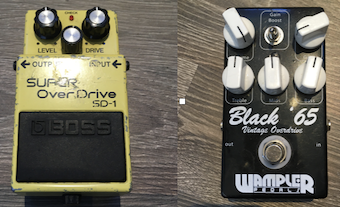
Emulating analog guitar pedals with Recurrent Neural Networks
Using LSTM recurrent neural networks to model two analog guitar pedals.
-
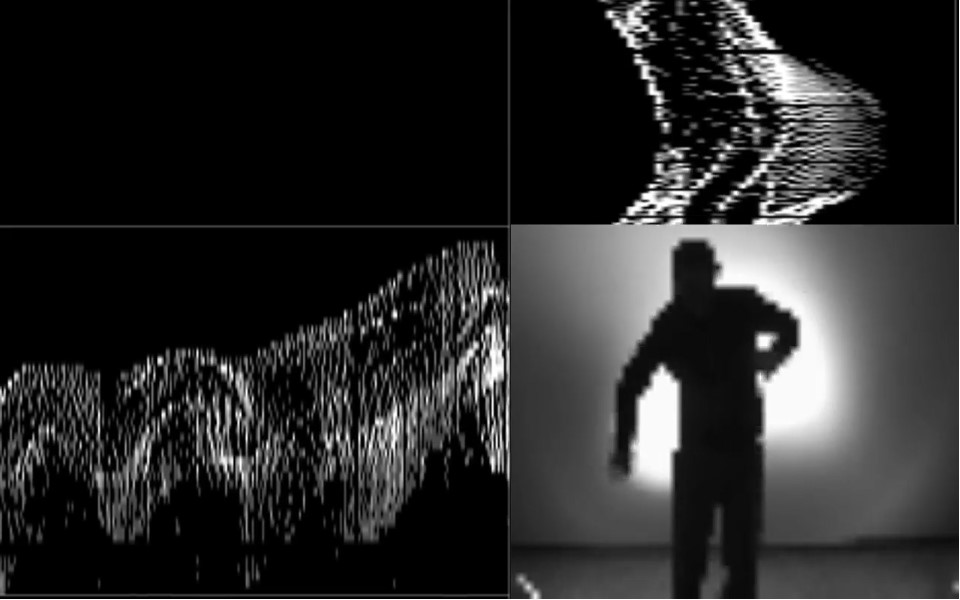
Generating Samples Through Dancing
Using a VAE to build a generative sampler instrument
-

Generating Music Based on Webcam Input
Do you miss PS2 EyeToy? Then you have to check this out!
-
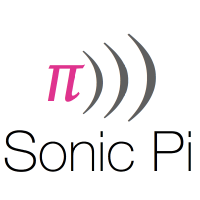
Using Live OSC Data From Smartphones To Make Music With Sonic Pi
Easy as pi!
-
Can Machine learning classify audio effects, a dry to wet sound ?
Distortion or No Distortion - Machine learning magic
-
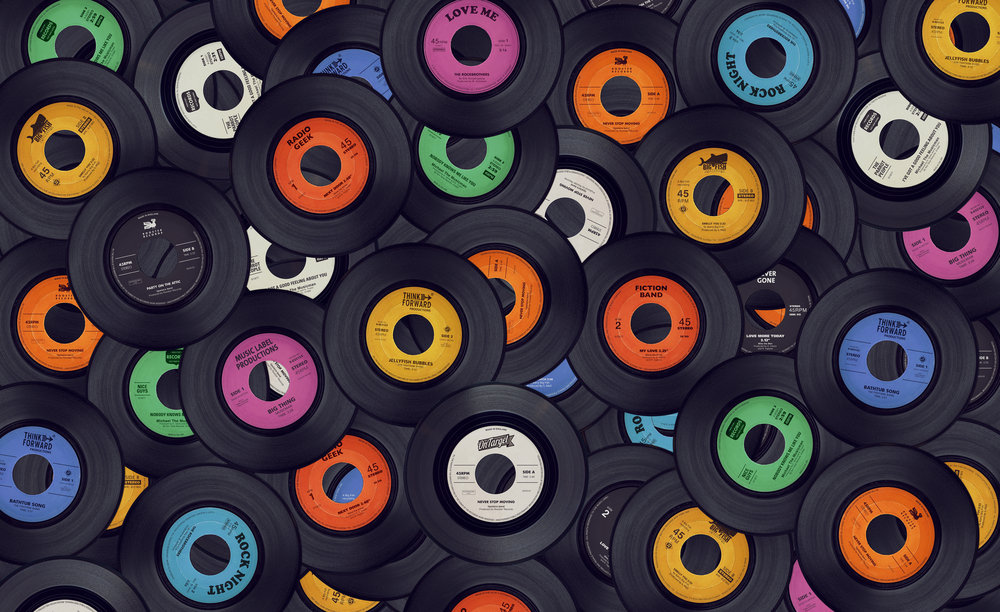
Ensemble algorithms and music classification
Playing around with some supervised machine learning - genre classification is hard!
-
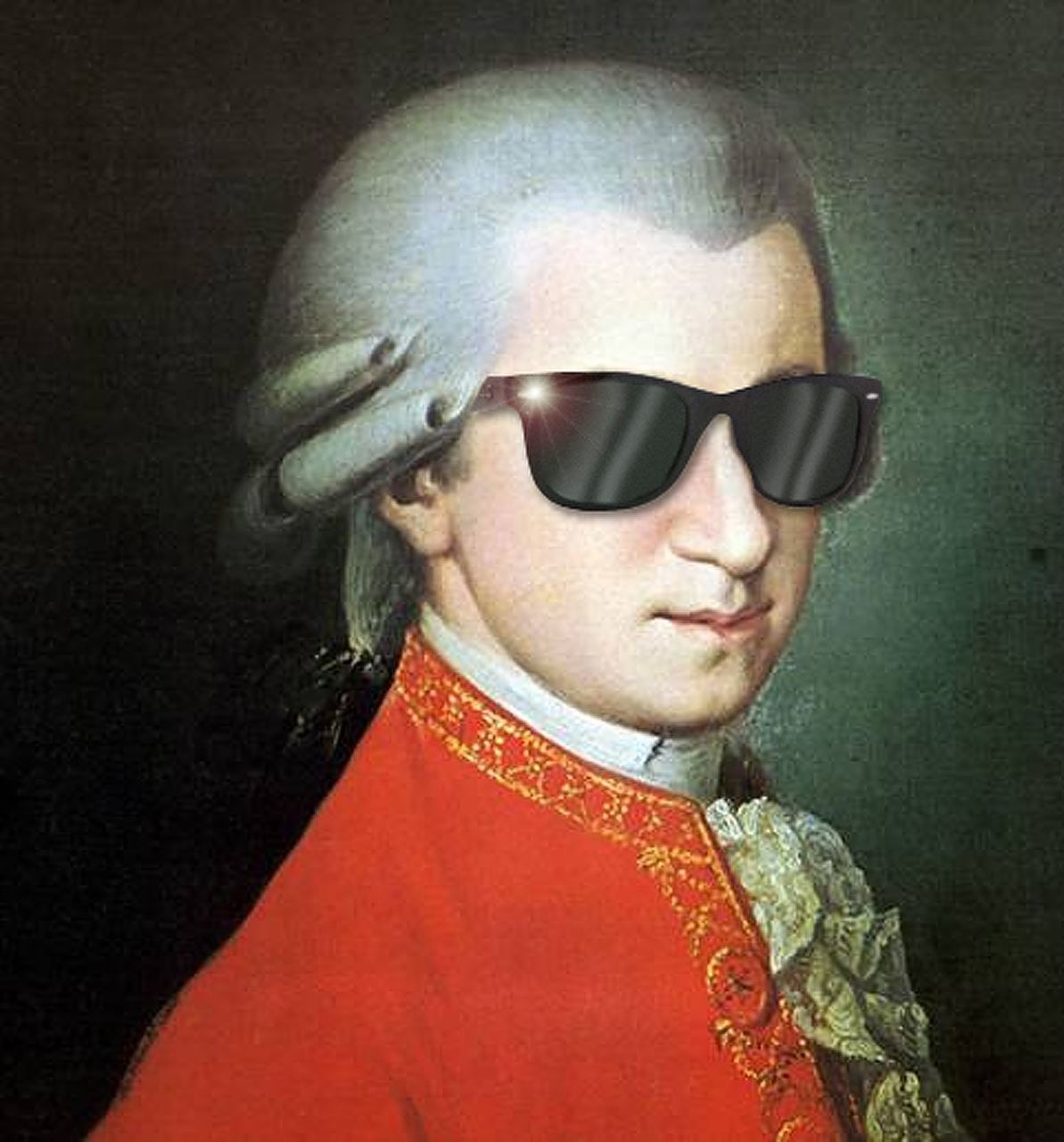
Classifying Classical Piano Music Based On Composer’s Native Language Using Machine Learning
How does the language we speak help computers to classify classical music?
-
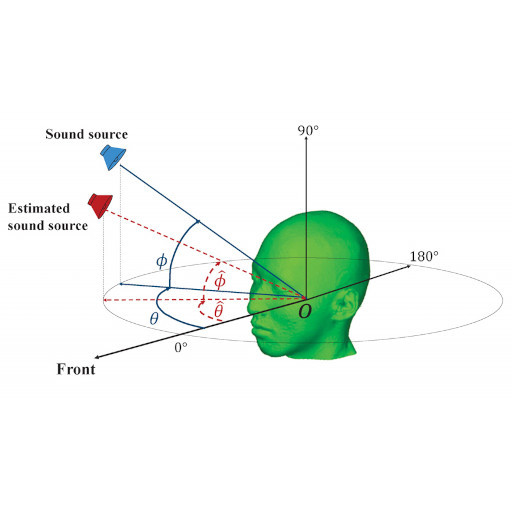
Estimation of Direction of Arrival (DOA) for First Order Ambisonic (FOA) Audio Files
Where is that sound coming from? Let's explore how a machine could answer this question.
-
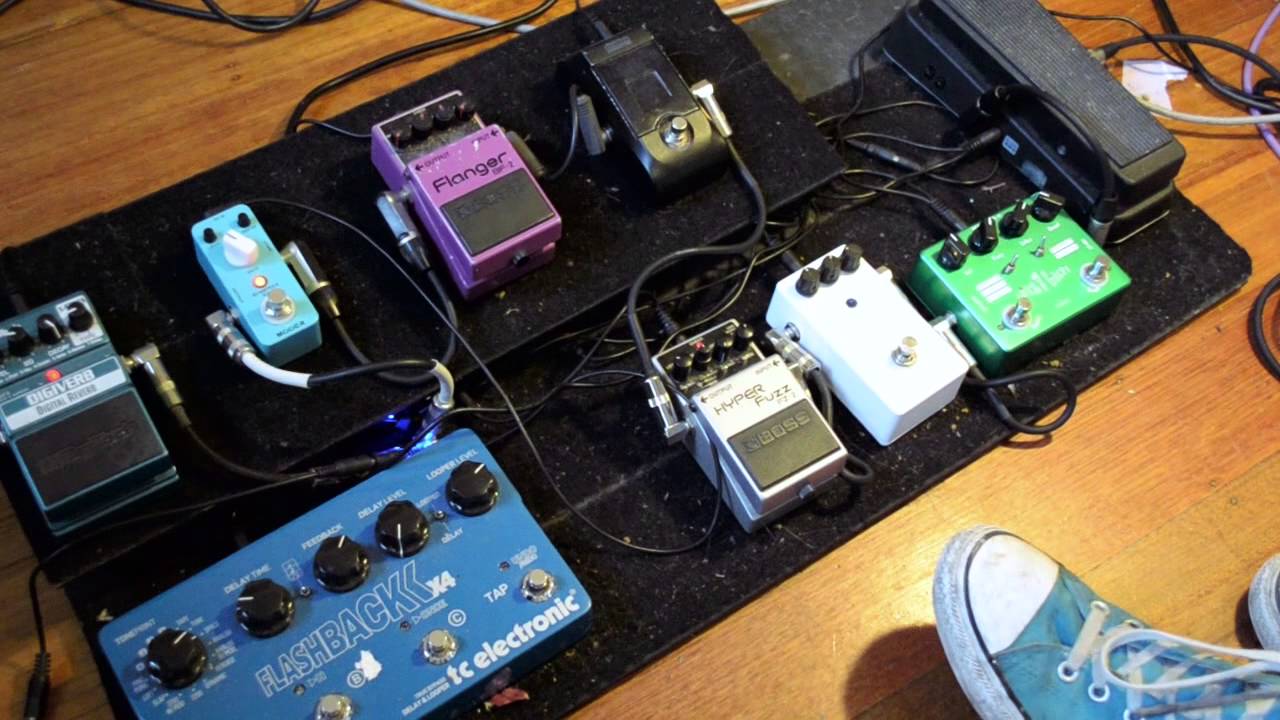
Ensemble algorithms and music classification
'Why is shoegaze so hard to classify?' and other pertinent questions for the technologically inclined indie-kid.
-
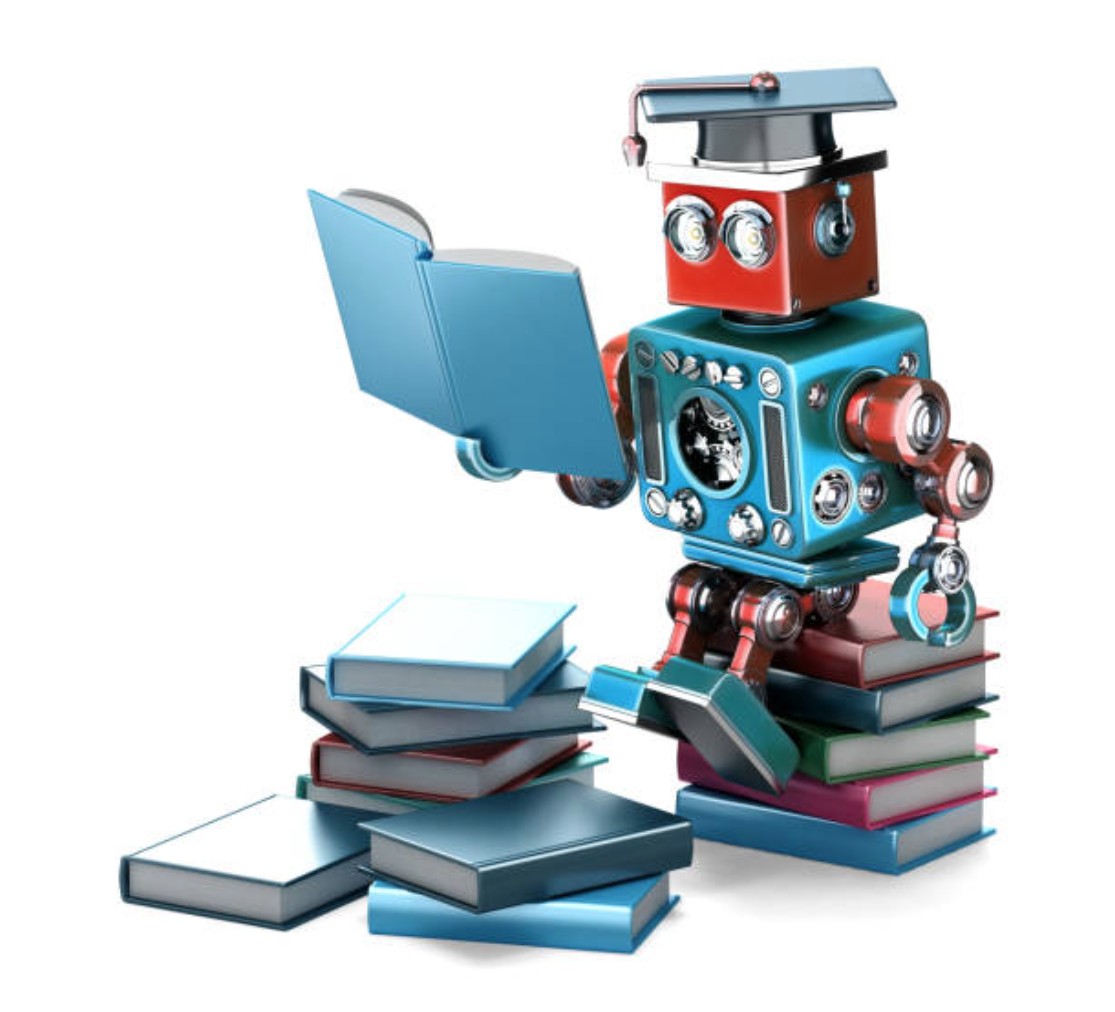
ML something creative
Intuition tells me that a larger network should be better. More is more, as Yngwie says, but that is definitely not the case.
-
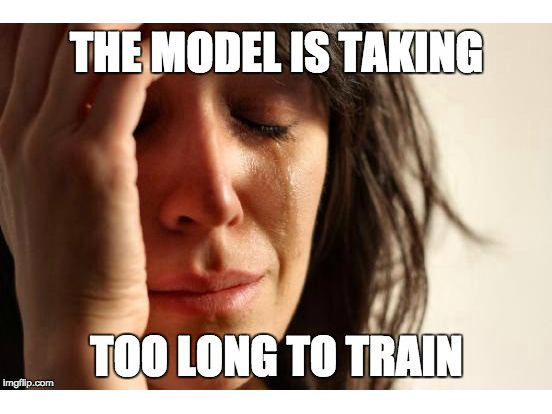
Multilayer Perceptron Classification
Multi-layer Perceptron classification. Big words for a big task. During this two-week course in machine learning all my brain cells were allocated in solving this task. Initially I wanted something simple to do for my project since wrapping my head around ML was a daunting enough task. I soon realized there really is no such thing as simple in machine learning.
-
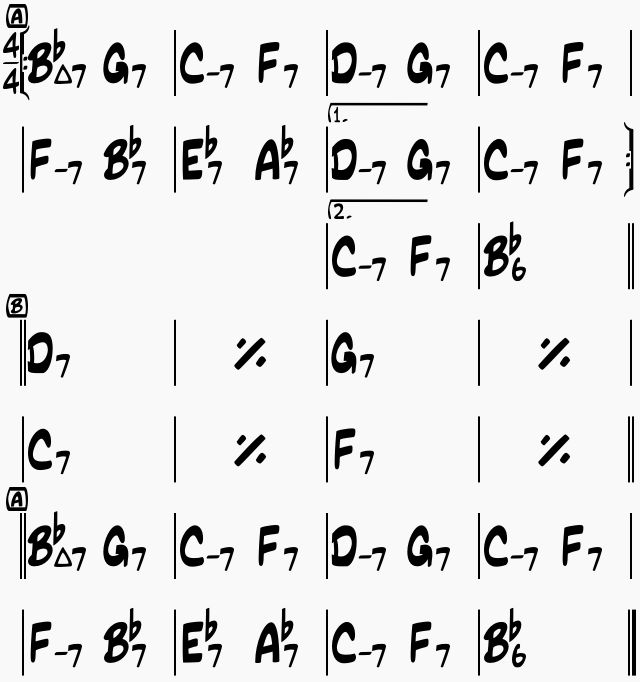
Scale over Chord using ANN
Try to learn scale over chord choices of great jazz improvisers
-
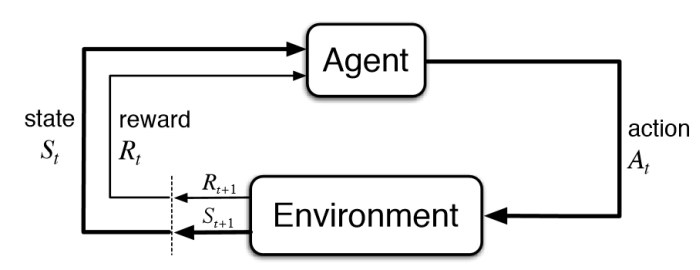
Learning to sequence drums
Can reinforcement learning be a useful tool to teach a neural network to sequence drums?
-
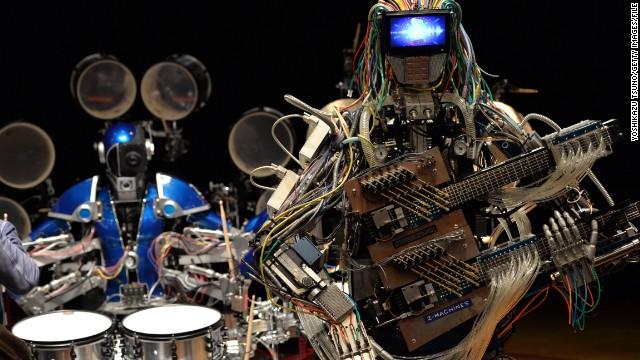
Beneficial Unintelligence
In the future, when the robots take over the world, we all will be listening to 24/7 live streamed death metal until infinity
-

Postcard from The Valley of Despair
Well, that was fun.
-
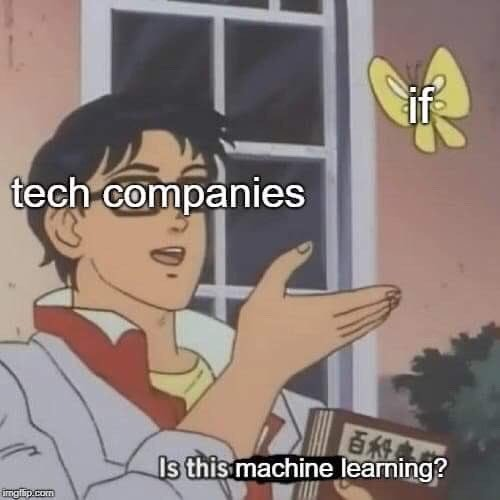
Support Vector Machine Attempt
Not fun
-
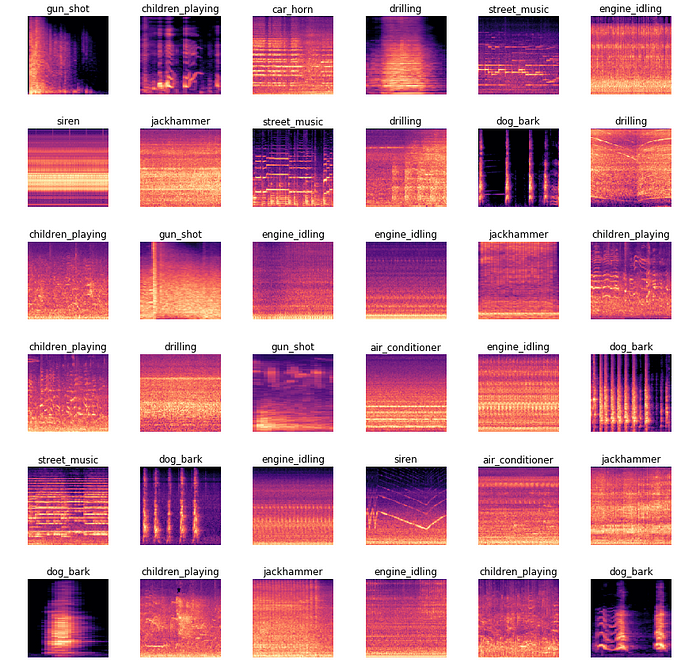
Classifying Urban Sounds in a Multi-label Database
How well does a convolution neural network perform at detecting multiple classes within a single sample? This experiment explores augmenting the UrbanSound8K database to test a well performing CNN architecture in a multi-label, multi-class scenario.
-
![[ Music Mood Classifrustration ] [ Music Mood Classifrustration ]](/assets/image/2020_09_20_rayaml_ML-feelings.jpg)
[ Music Mood Classifrustration ]
This is an attempt to create a Music Mood Classifier with feature extractions from Librosa.
-
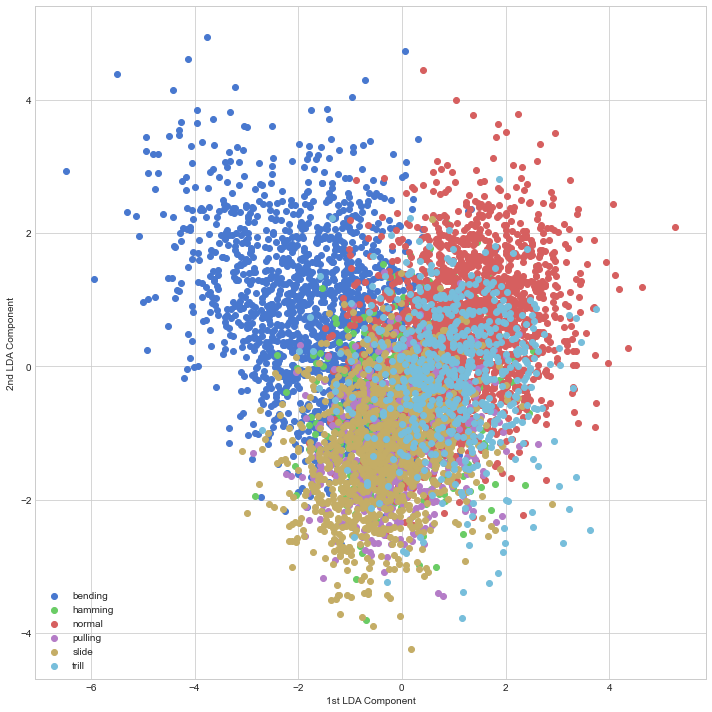
Classification of guitar playing techniques
An attempt at making a model which can classify 6 different playing techniques on the guitar
-
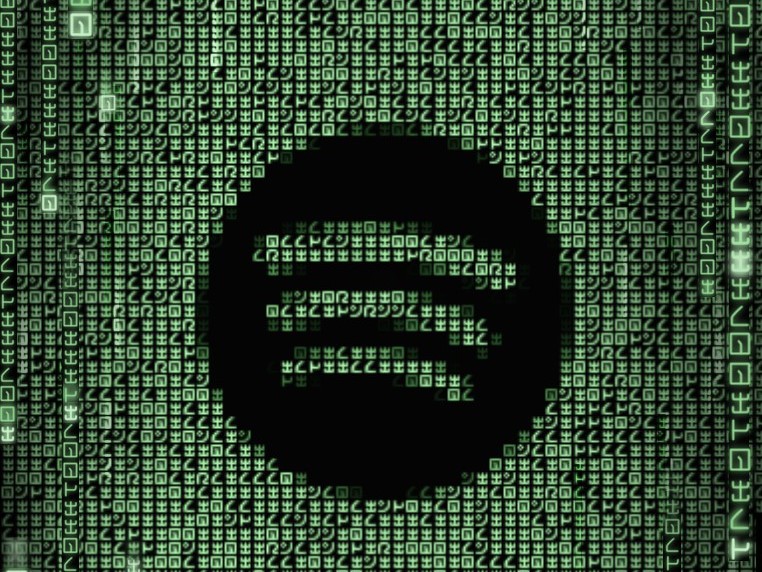
Exploring Music Preference Recognition Using Spotify's Web API
A proposed ML model that predicts the degree to which I will enjoy specific Spotify tracks based on previous preference ratings.
-
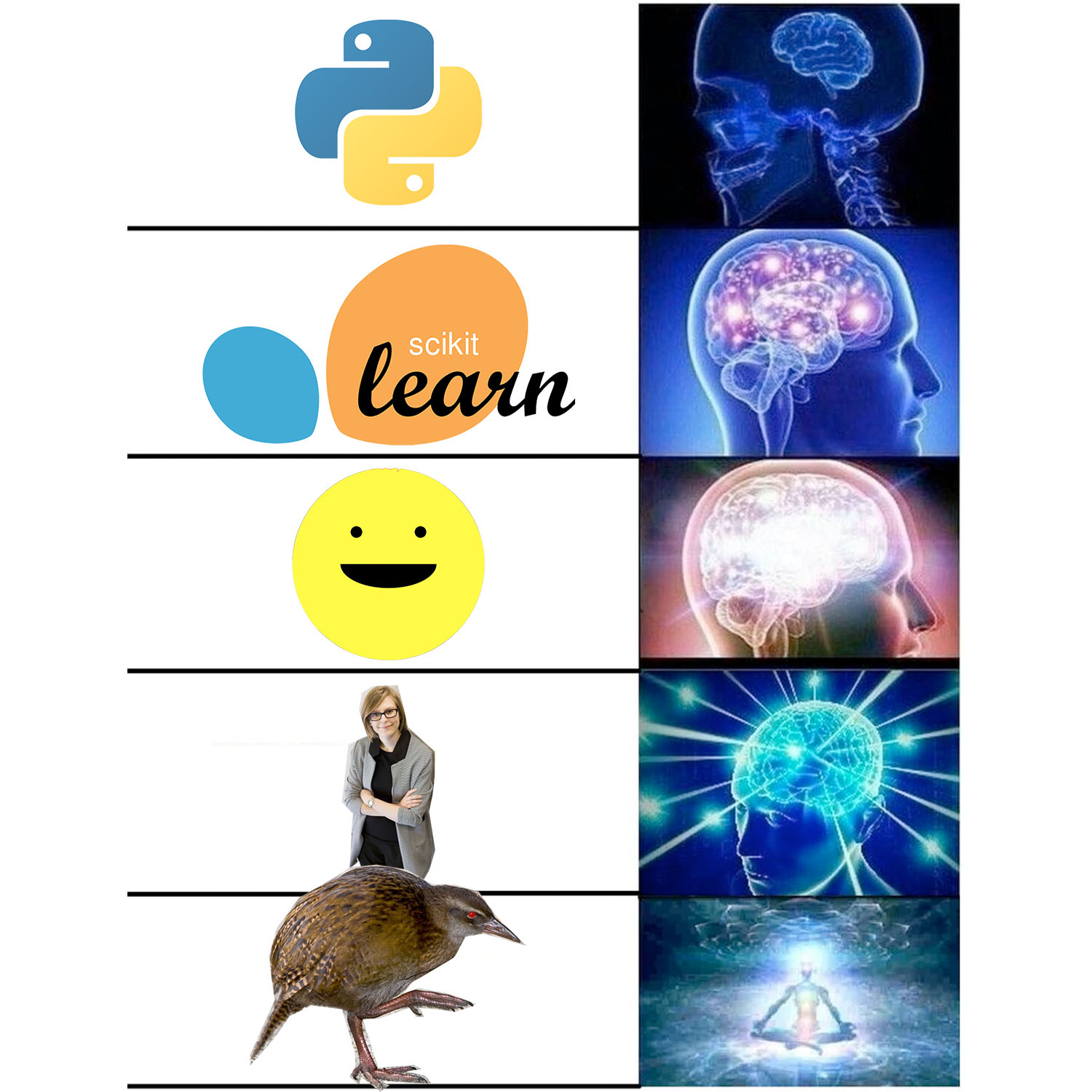
The B Team Dives in Deep (Learning!)
Well, here we are, at the end of a semester where one of the most challenging courses remain - only Rebecca Fiebrink can save us now.
-
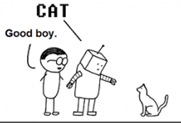
Group C Learns to Think about how Machines Learn to Think
Wherein we describe the denouement of MCT4000, Module #9: Machine Learning.
-
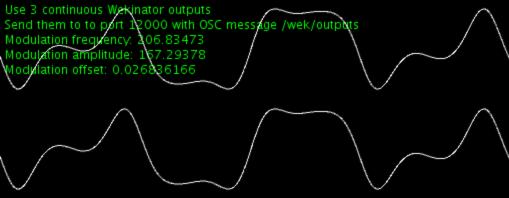
Music and machine learning - Group A
Using machine learning for performance and for classifying sounds
-
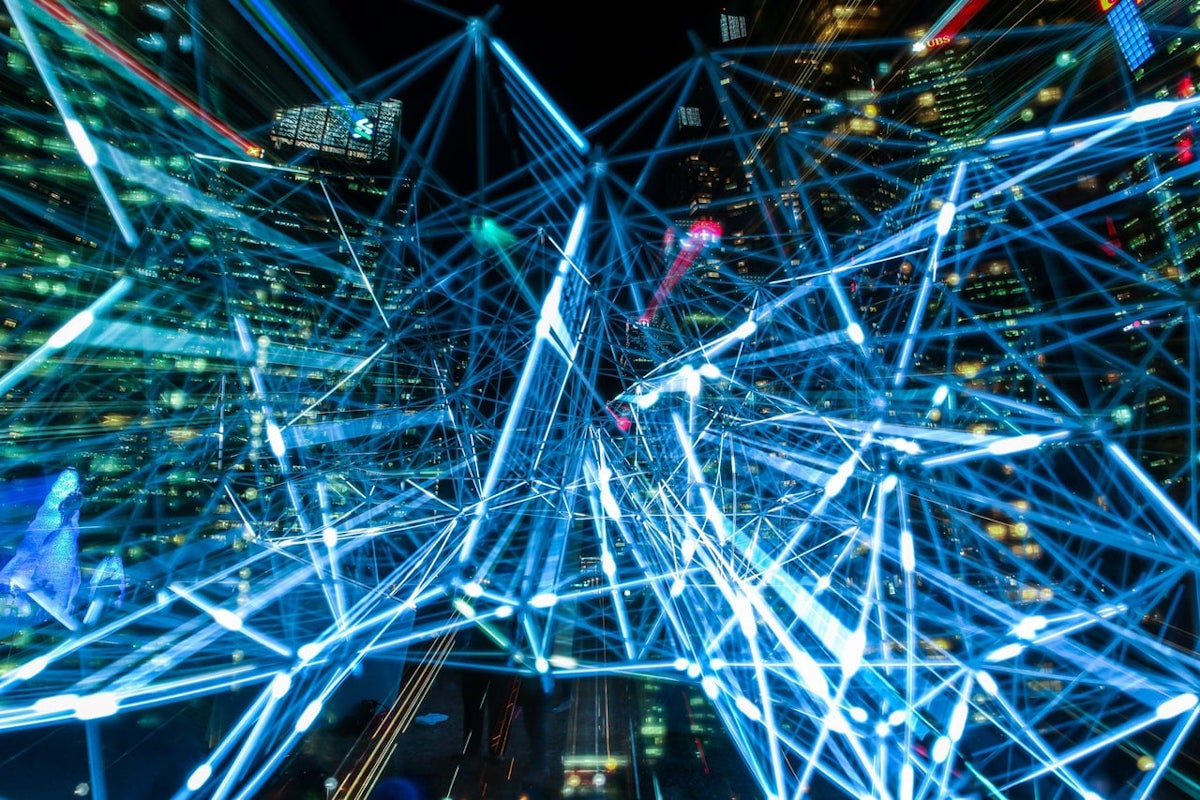
Machine Learning, it's all about the data
For my machine learning project, I wanted to see if I could teach my laptop to distinguish between different types of music using a large amount of data. Using metadata from a large dataset for music analysis, I tested different machine learning classifiers with supervised learning to distinguish between tracks labeled belonging to 'Rock' and 'Electronic'. The project was developed using Python and libraries for data analysis and machine learning.
-

Clustering high dimensional data
In the project for Music and Machine Learning I was using raw audio data to see how well the K-Mean clustering technique would work for structuring and classifying an unlabelled data-set of voice recordings.
-
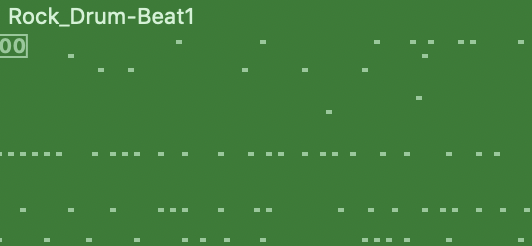
MIDI drum beat generation
Most music production today depend strongly on technology, from the beginning of a songs creation, till the the last final tunings during mix and master. Still their is usually many human aspect involved, like singing, humans playing instruments, humans using a music making software etc..
-
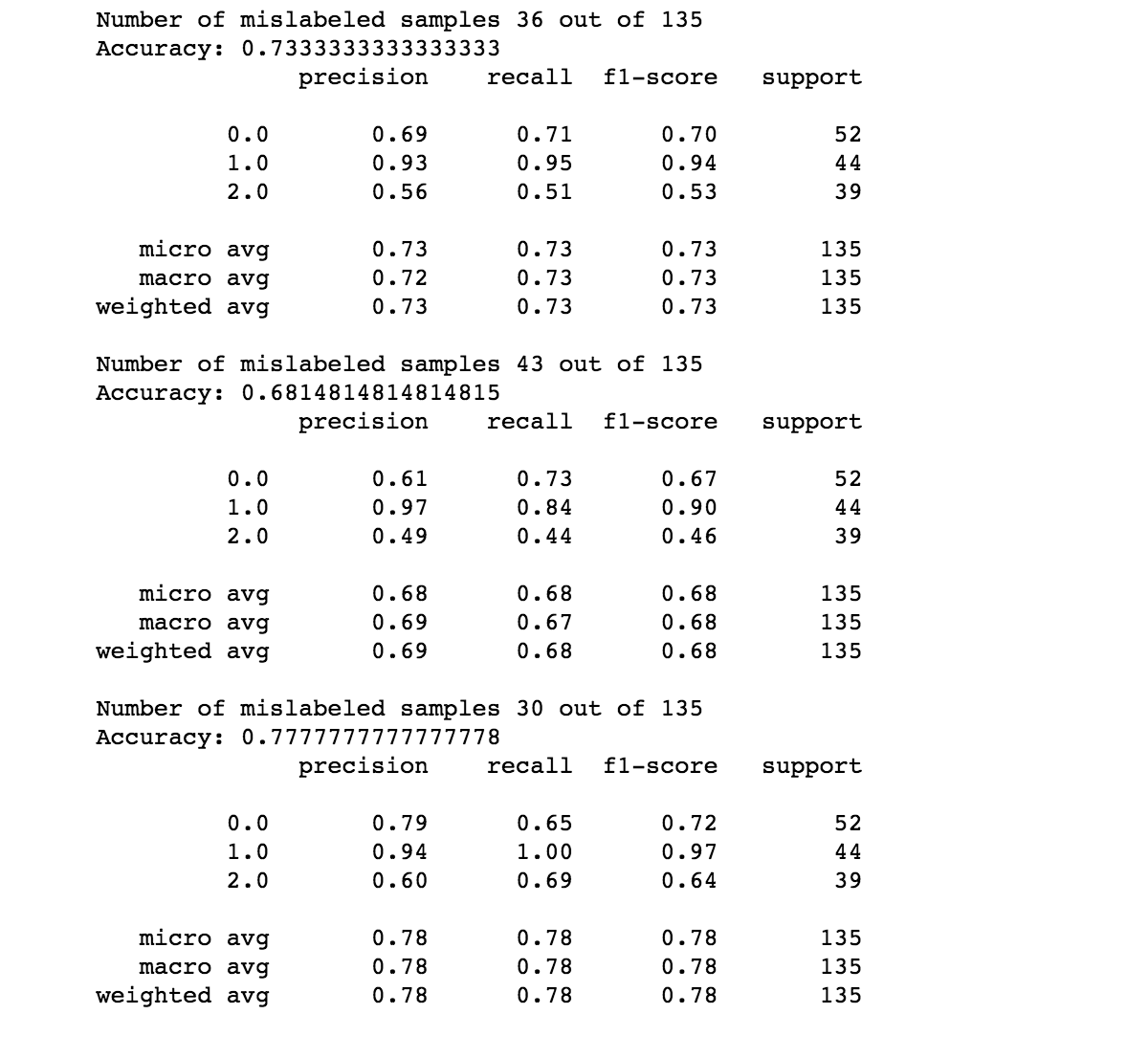
IR Reverberation Classifier using Machine Learning
Using Machine Learning to classify different reverb spaces (using impulse response files)
-

Multi-Layer Perceptron Classifier of Dry/Wet Saxophone Sound
The application I have decided to work on is of a machine learning model that can ultimately differentiate between a saxophone sound with effect (wet) and without effect (dry).
-
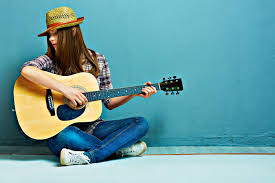
Triggering effects, based on playing style
Technology in collaboration with art could create creative solutions and achievements. In here we use machine learning in order to ease the work of player while playing an instrument.
-
Classification of string instruments
During a 2 week intensive workshop in the course Music and Machine Learning I had to develop a machine learning system for the field of music technlogy.

